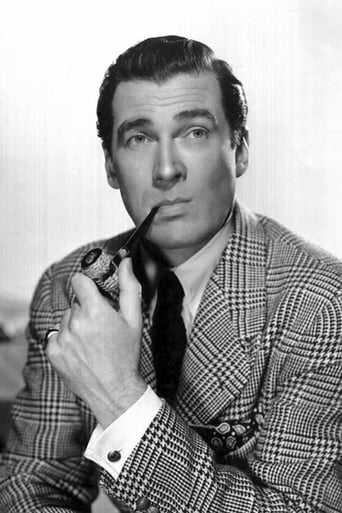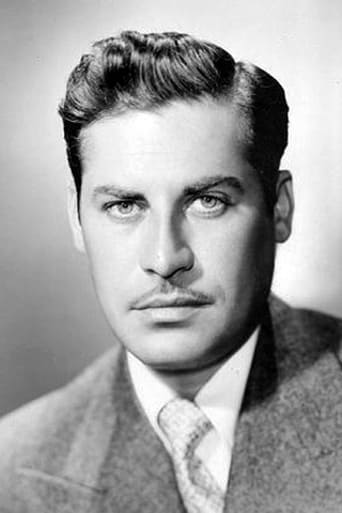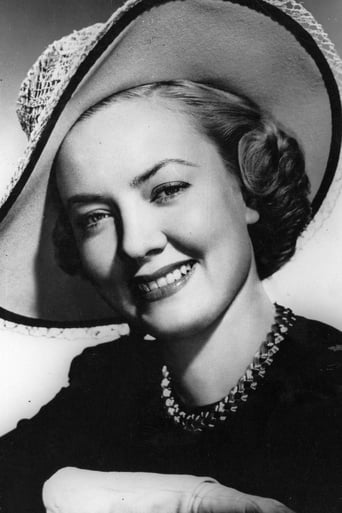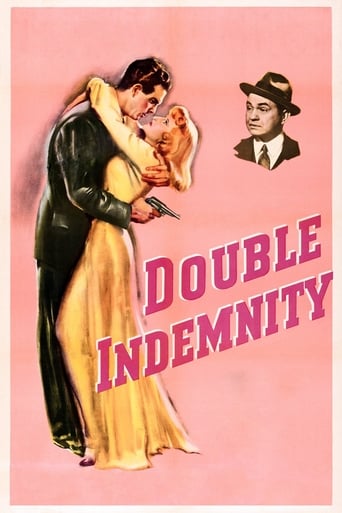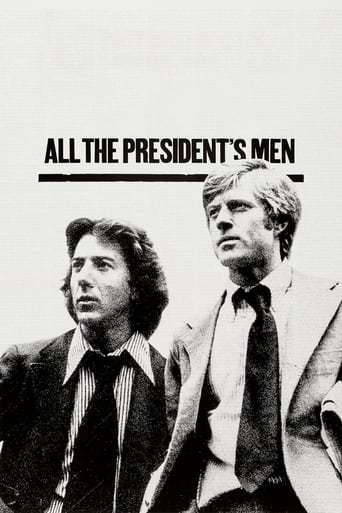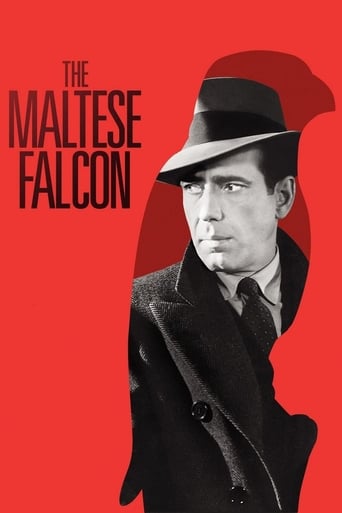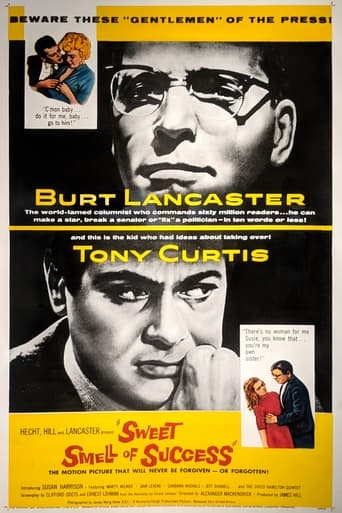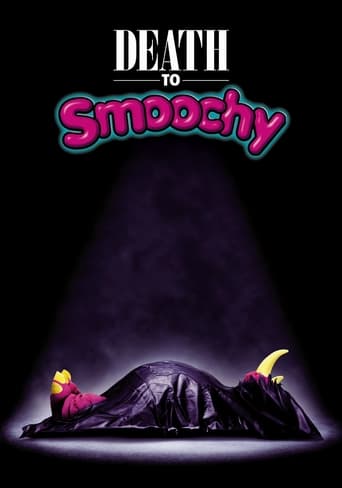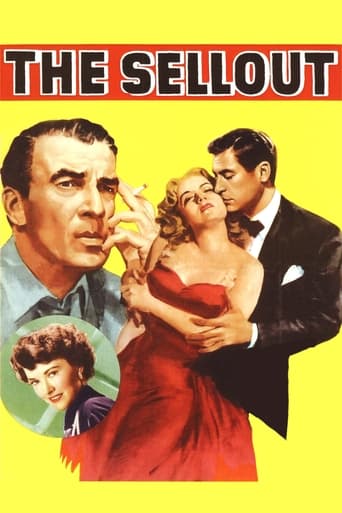
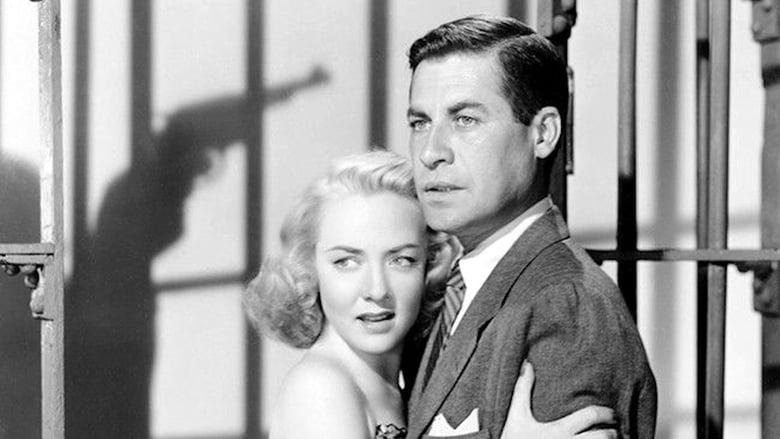
The Sellout (1952)
A small-town newspaper editor risks everything to expose a corrupt sheriff.
Watch Trailer
Cast
Similar titles
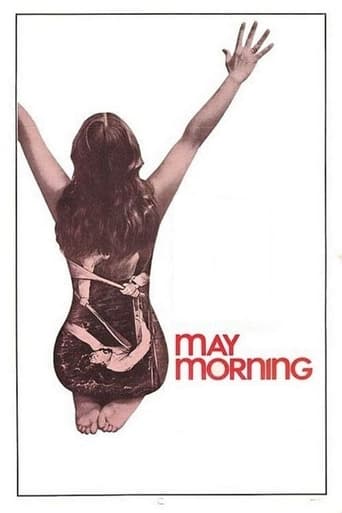
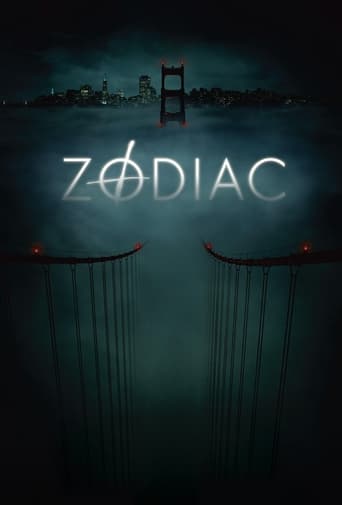
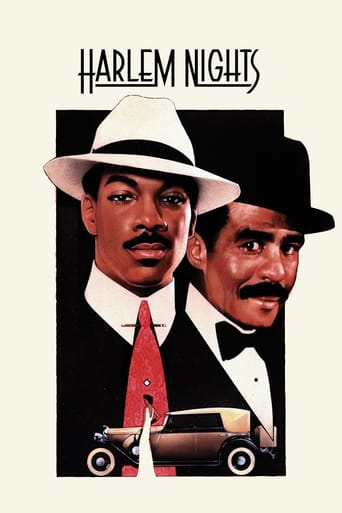

Reviews
The Worst Film Ever
Absolutely brilliant
The acting in this movie is really good.
Through painfully honest and emotional moments, the movie becomes irresistibly relatable
This was something of a frustrating film, as although peopled with solid actors of reasonable note, it gives much evidence of being a holdover from the early talkie days of B films that ran about 62 minutes and left miles of storyline on the cutting room floor or just not filmed at all. At 83 minutes, it didn't have to be this way, but the films jumps days and weeks, and important events and storylines are mentioned after they have taken place offscreen and almost as an afterthought. For example, at one point, Hodiak mentions that 43 of 55 witnesses have reneged on their statements and/or on their willingness to testify, but that 43 number comes out of the blue after we have seen only one witness express some trepidation.I should also add that much in this story seems reflective of my own experience. When I was in the army (1963-1965) a decade after this film, and stationed in Western Maryland, when driving there from New York, we were picked up more than once by police for speeding, having a light out, whatever, and instructed to drive behind the police vehicle to one of several (what looked like) county stores that had a set up in the back where someone (probably a minor judge) seemed to sit all night, just waiting for the cops to bring in miscreants like ourselves so that he could fine us $15 or $20 before sending us on our way. And this is how they treated the U.S. military ($78.11 a month pay). I can't imagine how others might have been treated (but certainly not as badly as in this film, I hope). Anyway, the performances are all solid. Pidgeon kind of disappears a bit less than halfway through the film, and from that point on the real stars seem to be Hodiak, Malden, Gomez, Sloane and the always-excellent Audrey Totter, until Pidgeon comes back in near the end. The final courtroom scene holds the interest, and both Hodiak and Hugh Sanders (as the good judge and in, given its relative brevity, probably the best role he ever had; he gets to make the longest speech in the film) do well in it, but I was surprised to see Karl Malden billed 7th or 8th considering that he had just won a Supporting Actor AA for STREETCAR and, quite honestly, his is one of the larger roles in the film. And Frank Cady has maybe his best screen role, far larger than in the same year's HIGH NOON. Cameron Mitchell, in one of his first films, also doesn't have much to do, but his character is pivotal to the story. All in all, an enjoyable little crime drams with a lot of holes in it, saved by the performances.
Idealistic and respected newspaper editor Walter Pidgeon (as Haven D. Allridge) is accosted by corrupt sheriff Thomas Gomez (as Kellwin "Casey" Burke) in a nearby town and treated poorly in jail. Vowing to "skin this tin badge off that sloppy shirt of yours if it's the last thing I do," Mr. Pidgeon wants his newspaper to help blast the nasty Sheriff out of office. Then, suddenly, he becomes "The Sellout" and stops his exposé. Following a likely murder, state attorney John Hodiak (as Charles "Chick" Johnson) and detective Karl Malden (as Buck Maxwell) attempt to prosecute the case, but find Pidgeon uncooperative. The transition of leading men is awkward, but this is an engaging little drama, with a nice supporting cast.****** The Sellout (5/30/52) Gerald Mayer ~ John Hodiak, Walter Pidgeon, Karl Malden, Thomas Gomez
1951, the Kefauver congressional committee on organized crime and corruption is making headlines, and MGM under new head Dore Schary is trying to make that famously big-budget studio relevant to news of the day. The trouble is that the so-called Tiffany of studios just doesn't have the same feel for gritty material as a Warner Bros. or an RKO. Too bad this film doesn't sustain the harrowing feel of the first 15 minutes, when prominent editor Allridge (Pidgeon) is brutalized after a minor traffic infraction by corrupt Sheriff Burke (Gomez). Allridge's ordeal has the feel of a "sudden nightmare" to it, as if he's been abruptly forced into a savage new world where the old civilized rules no longer apply. It's a backwater county run by the sheriff like a private fiefdom and a jailhouse where inmates rule once the cell door slams shut. I like the way we're shown the difficulties state prosecutor Johnson (Hodiak) encounters in trying to rid the county of Burke and his outlaw regime.Still and all, the longer the movie lasts, the more momentum it loses, ending with a final 20 minutes of plodding courtroom procedure. There's still some suspense in the air (why did Allridge skip town), but the initial energy has long since dissipated. At least part of the problem lies with uninspired direction that can't sustain the early sense of tension and evil. Too bad noir maestros like Phil Karlson or Anthony Mann weren't running the show. Those reviewers contrasting this film with Karlson's similar Phenix City Story are right on target. Nonetheless, the movie does have its moments, along with a vibrant turn from the under- rated Audrey Totter who never seemed to get the recognition her talent deserved.
Others have summed up the plot in far more detail; so suffice to say, this MGM second-feature has Pigeon taking centre stage in a Smalltown USA, man-against-the-mob story of a newspaper editor getting bogged down in the mire of police corruption he's battling to expose.Despite being relatively full of incident the action is not exactly rivetingly staged, but then the script allocates much more time to wordy exposition than it does the kind of noir-ish trappings that might otherwise befit this type of plot.That said there's a full rogue's gallery of a B-cast embodying themes of wasted lives and silent witnesses which, for the running time, was enough to carry this viewer through to the compellingly executed courtroom climax.
